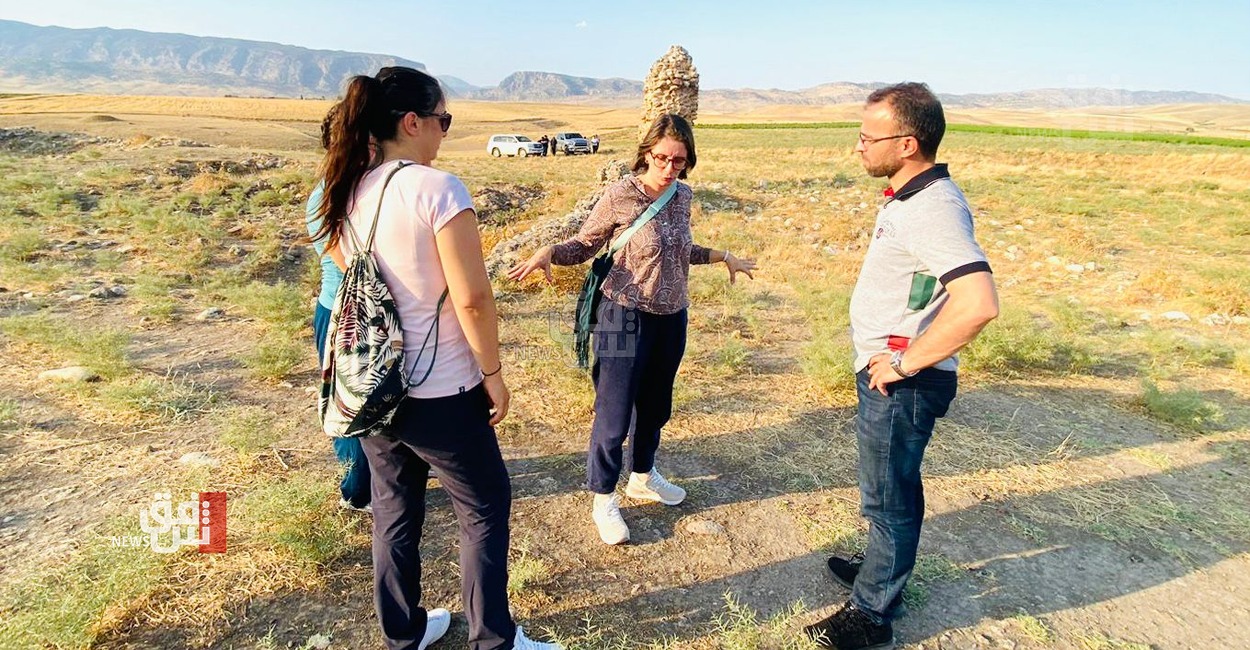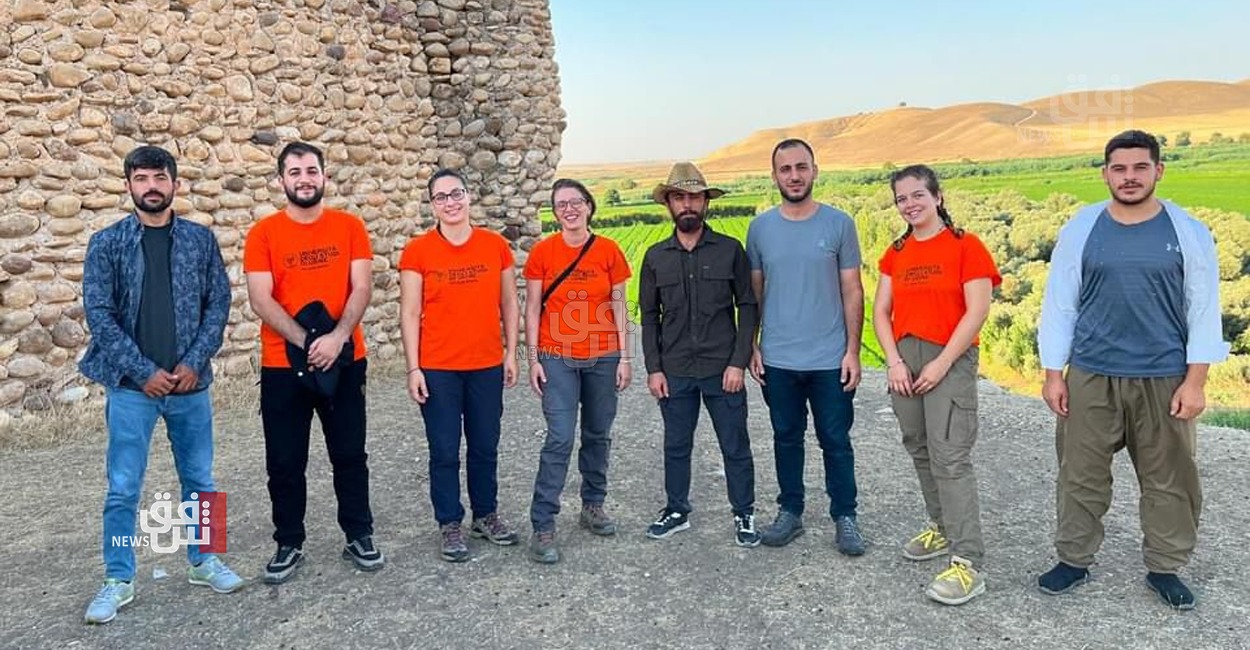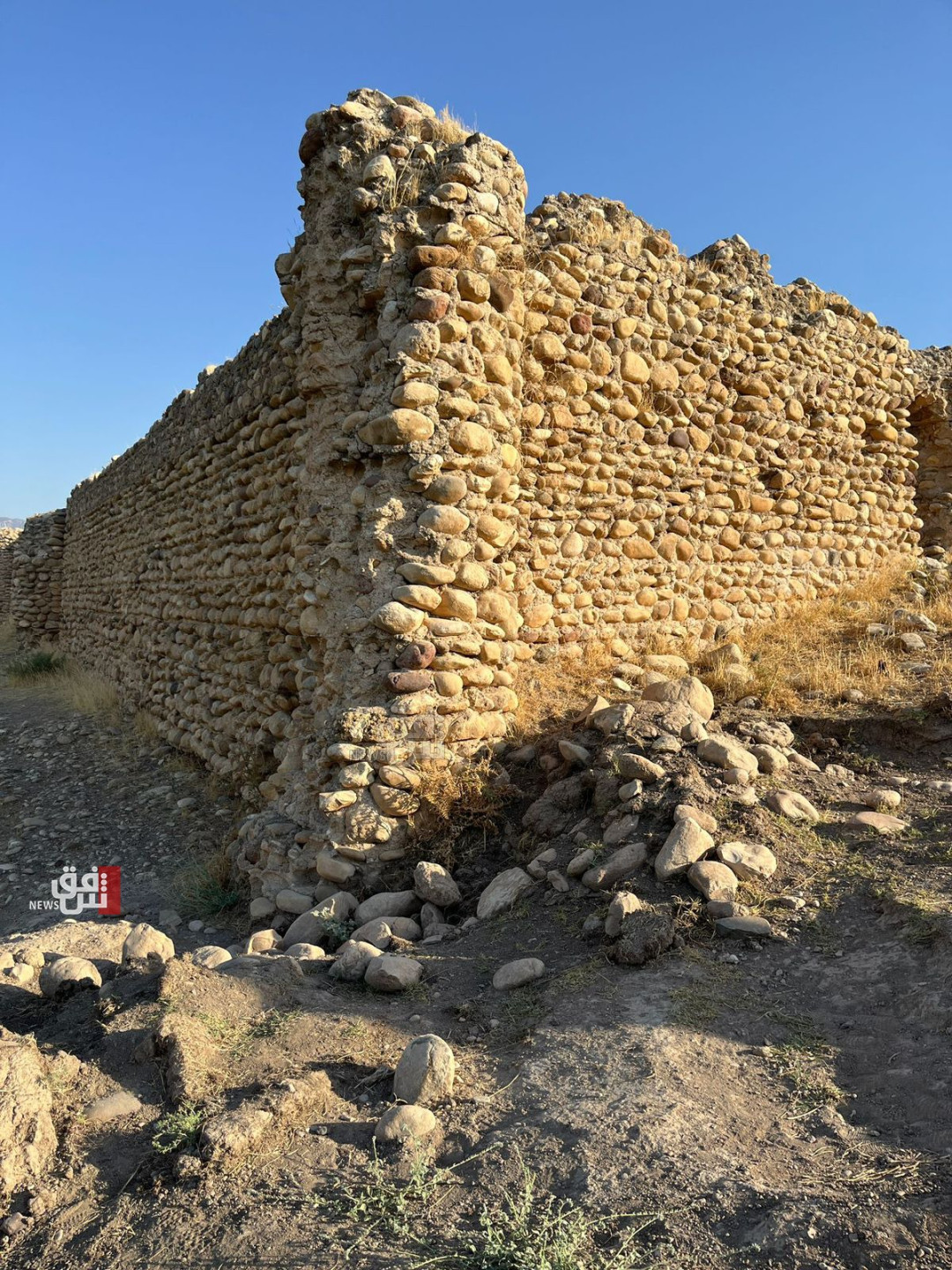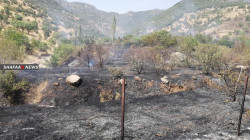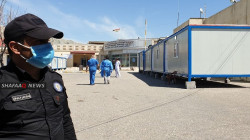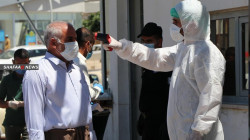Duhok launches archaeological research project at Bazira site
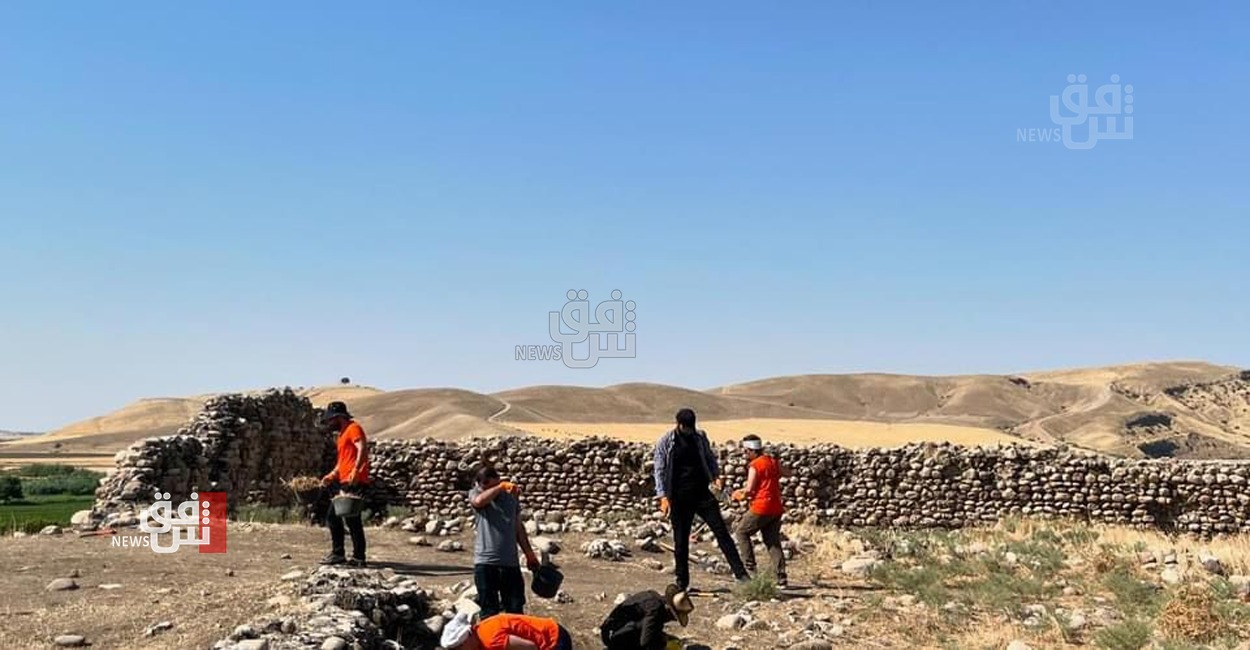
Shafaq News/ The Directorate of Antiquities in Duhok announced on Sunday the launch of a research project at the Bazira archaeological site.
Strategically located on the eastern bank of the Khazir River in the Akre district, east of Duhok governorate in Iraqi Kurdistan, the site is believed to have played a vital role in communication networks between the 16th and 18th centuries during the Ottoman period. Artifacts from the site date back as far as the 11th century, according to Duhok's Director of Antiquities and Heritage, Dr. Bekas Brifkani.
Speaking to Shafaq News Agency, Dr. Brifkani explained, "The site is thought to have been a crucial support station for travelers along ancient trade routes."
The project, which began in 2023, focuses on studying the remains of a building believed to have served as a key waystation for travelers on these historic trade routes.
"The research aims to reconstruct a comprehensive understanding of the structure's function, its cultural and material significance, and its relationship with nearby archaeological sites and the surrounding environment," Dr. Brifkani added.
"This research seeks to fill an important gap in our knowledge about land management and border protection during the Ottoman Empire—areas that have not received sufficient attention in previous archaeological studies," he noted.
Research activities at the site include analyzing surface evidence, conducting targeted excavations, and studying the construction techniques used. Artifacts discovered, including ceramics, glass, metals, and bones, will be examined to provide a clearer picture of life in the area during the Islamic era.
The project is part of broader efforts to understand the historical trade routes that connected the Tigris River with the Zagros Mountains, which traders, pilgrims, and armies used.
